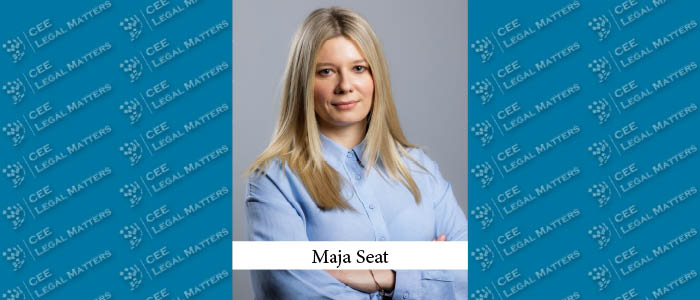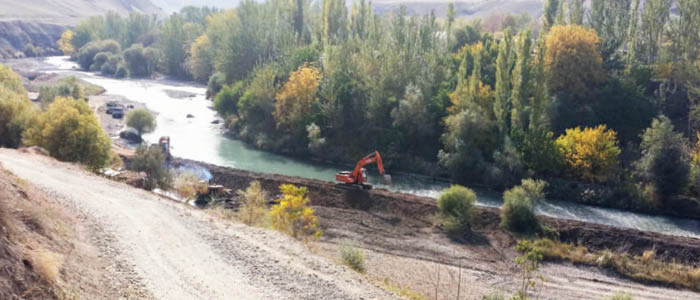On June 18, 2016, the Polish Act dated June 10, 2016, on the posting of workers in the framework of the provision of services (Journal of Laws of 2016, item 868) came into force.
The Act implements European Enforcement Directive 2014/67/EU and imposes new duties on employers posting workers to Poland.
Posting Workers To and From Poland
Poland is one of the three main sending Member States. In 2014 over 428,405 PDs A1 (portable documents, issued to certify which social security legislation applies to workers posted to an EU member state other than the one in which they customarily work) were issued (as compared to the next two Member States: Germany (255,724 PDs) and France (25,203). At the same time, Poland received 14,521 PDs A1 for posted workers from other Member States. While this data may not be a precise measure of the actual number of postings, it still shows the relative importance of posting workers in the Polish labor market.
Therefore, implementation of European Enforcement Directive 2014/67/EU in Poland and in other Member States should be taken into consideration by all employers posting their workers either to or from Poland.
New Duties for Employers
The Act gathers in one legal document both the rules on posting employees which already existed as part of the Labor Code (e.g., a duty to provide a minimal salary), and brand new regulations implementing the Enforcement Directive 2014/67/EU (e.g., a duty to provide a statement to the labor authorities on posting employees to Poland).
The key new duties imposed on employers posting employees to Poland include the duty: (i) to indicate a person representing the employer before the labor authorities; (ii) to provide the labor authorities with a statement indicating information concerning posting of employees; and (iii) to keep documents with respect to the posting.
New Tasks and Competences of the National Labor Inspection
In addition, the National Labor Inspection (POL: “Panstwowa Inspekcja Pracy”) has been designated as the competent authority to cooperate with authorities of other Member States. New tasks and competences of the National Labor Inspection pertain to carrying out checks and controls concerning employee qualifications as posted workers. They also include communicating with authorities of other Member States in order to ensure compliance with the law in posting workers both to and from Poland. Furthermore, the National Labor Inspection is responsible for providing authorities of other Member States with information concerning posted workers and employers posting workers to and from Poland.
Identification of a Genuine Posting
The Act implements the provisions of the European Enforcement Directive 2014/67/EU in regard to identification of a genuine posting. The National Labor Inspection may carry out an overall assessment of all factual elements characterizing a posting employer’s activities.
Improved cooperation with authorities of other Member States, in connection with additional competences, should make it more difficult to abuse and circumvent provisions of the law which concern posting of workers.
Summary
The Polish Act implementing the Enforcement Directive imposes new duties on employers and provides new competences for the National Labor Inspection. Since Poland is one of the main Member States posting workers to other countries, the new Act will likely have an impact on many companies. Therefore, companies which post workers to and from Poland should take steps to ensure compliance with the new law.





























